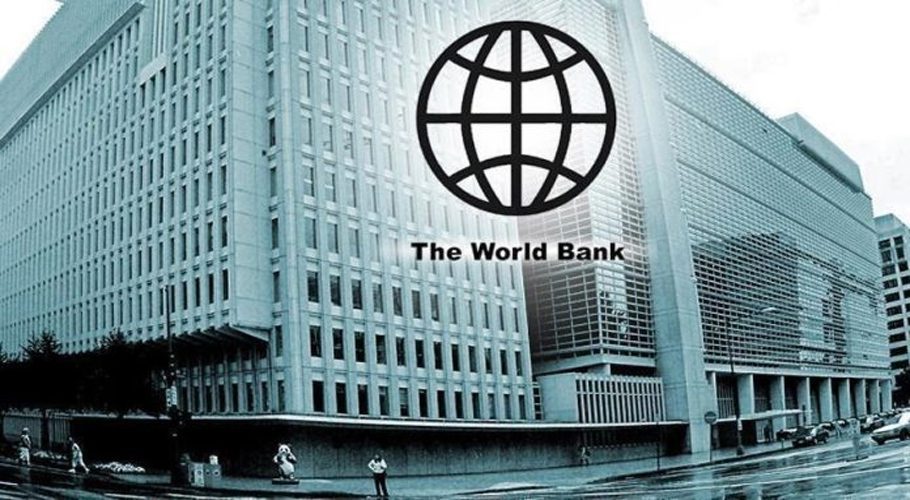Pakistan’s economy can grow sustainably if the country introduces “productivity enhancing reforms” that facilitate better allocation of resources and improves female participation in the workforce, a World Bank press release summarizing its new report said on Friday.
In its report titled ‘From Swimming in Sand to High and Sustainable Growth’, the multilateral lender asked for resources to be allocated to more dynamic activities and for talent to be allocated to more productive uses.
Summarizing the report’s findings, a press release said the country’s inability to properly allocate these resources “stunted its economic growth and presented evidence of systematic productivity stagnation across firms and farms”.
Furthermore, it linked most of the productivity stagnation in manufacturing and services to firms losing efficiency over time.
Also read: IMF says as virtual talks to continue, stresses timely implementation of policies
“In manufacturing and services, most of the productivity stagnation is related to firms losing efficiency over time. The report also shows a systematic decline in agricultural productivity, as well as a strong link between elevated temperatures and rainfall variations and productivity.”
The report presents a roadmap to reduce distortions in the economy that are currently acting as a deterrent to productivity growth.
Critical reforms recommended by the World Bank include harmonizing direct taxes across sectors, reducing the anti-export bias of trade policy and reversing the anti-diversification bias of export incentives.
World Bank Country Director for Pakistan Najy Benhassine said “women in Pakistan have made progress in educational attainment, but this accumulated human capital is underused because of constraints they face to participate in the labor force.”
“With only 22% of women employed in Pakistan, women’s labor force participation is among the lowest in the world. By closing the female employment gap relative to its peers, Pakistan can accrue GDP gains of up to 23%,” he added.



































